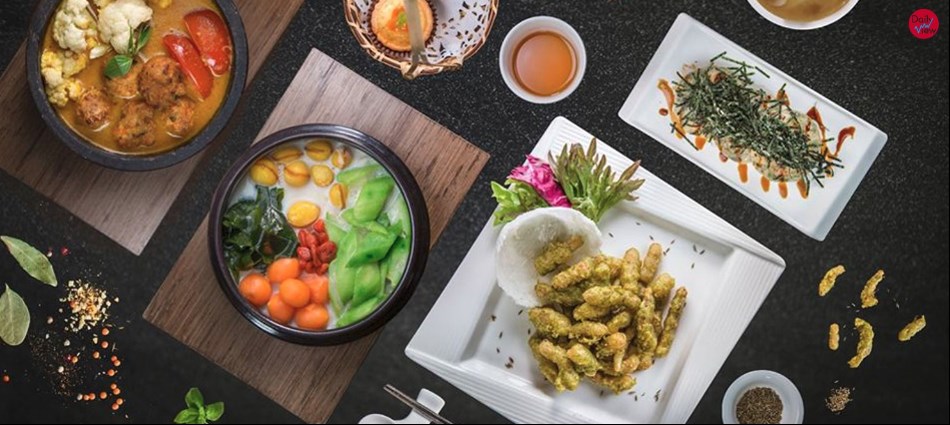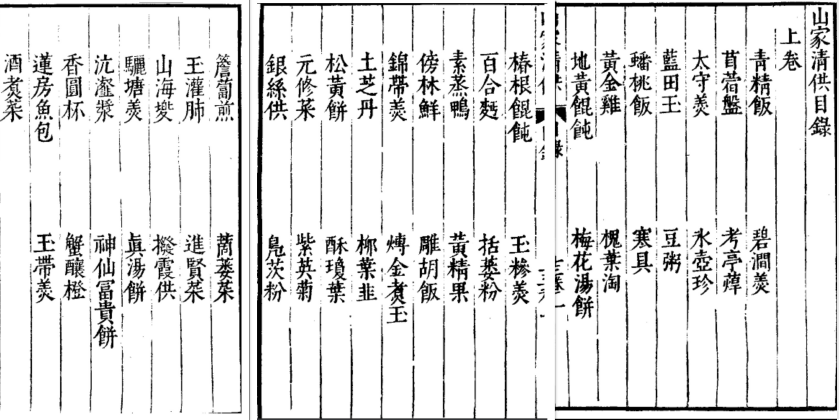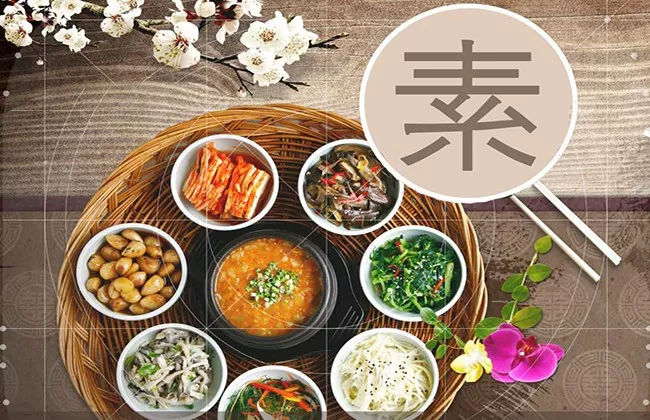Lately, plant-based protein has been all the rage. Companies like Beyond Meat and Impossible Foods have been eyeing the lucrative China market for a while now.
Partnerships between meat substitute companies and Starbucks, KFC, other fast-food chains, and supermarkets have taken meat substitutes to the mainstream. Chinese domestic plant-based meat companies such as Zhen Meat are similarly growing.
Health is one of the main concerns for Chinese food consumers, exacerbated by COVID-19 and the African Swine Fever. As we know, China is the world’s largest meat consumer and importer.
However, will the Chinese consumers, open their tastebuds to highly processed, Western fake meats? That is one of the hurdles that Beyond Meat and Impossible Foods have to face.
 Source: https://dailyview.tw/daily/2018/05/29
Source: https://dailyview.tw/daily/2018/05/29
But in reality, China is the birthplace of fake meats. It has been for more than a thousand years.
Days of “temporary vegetarianism” were observed during the Zhou Dynasty (1046–256 BC). These often came after the deaths of important people in the state or within the family.
For instance, if there is a death of a loved one, it is customary of my family to not consume meat for 49 days as a sign of respect. Despite this and the invention of tofu (the foundation of fake meat), vegetarianism did not take off in China until the introduction of Buddhism.
Even then, the Chinese people of Tang Dynasty (618–907 AD) were still mainly meat-eaters. It wasn’t until the Song Dynasty (960–1279 AD) that elaborate vegetarian cuisine, in the form of fake meats, was developed. Ingredients included wheat gluten, soybeans, lotus roots, mushrooms, and more.
 The most comprehensive recipe book《山家清供》up-to-date from the Southern Song Dynasty.
The most comprehensive recipe book《山家清供》up-to-date from the Southern Song Dynasty.
I live in Beijing, and I love vegetarian food. Plenty of restaurants around the Lama Temple (雍和宫) serve pure veggie meals. There are even vegetarian buffets and delicious vegetarian hotpot.
It might take a some digging around, but vegetarians and vegans need not worry about a lack of delectable foods.
Vegetarian cuisines also vary across China. If you want something sweeter, less oily, and less heavy, head to southern Chinese cities like Shanghai or Hong Kong. Prefer northern style? There are a plethora of vegetarian options not just in Beijing but in cities like Xi’an and Taiyuan,!
Here is a list of some amazing vegetarian/vegan foods that you can sample.
[zombify_post]


0 Comments